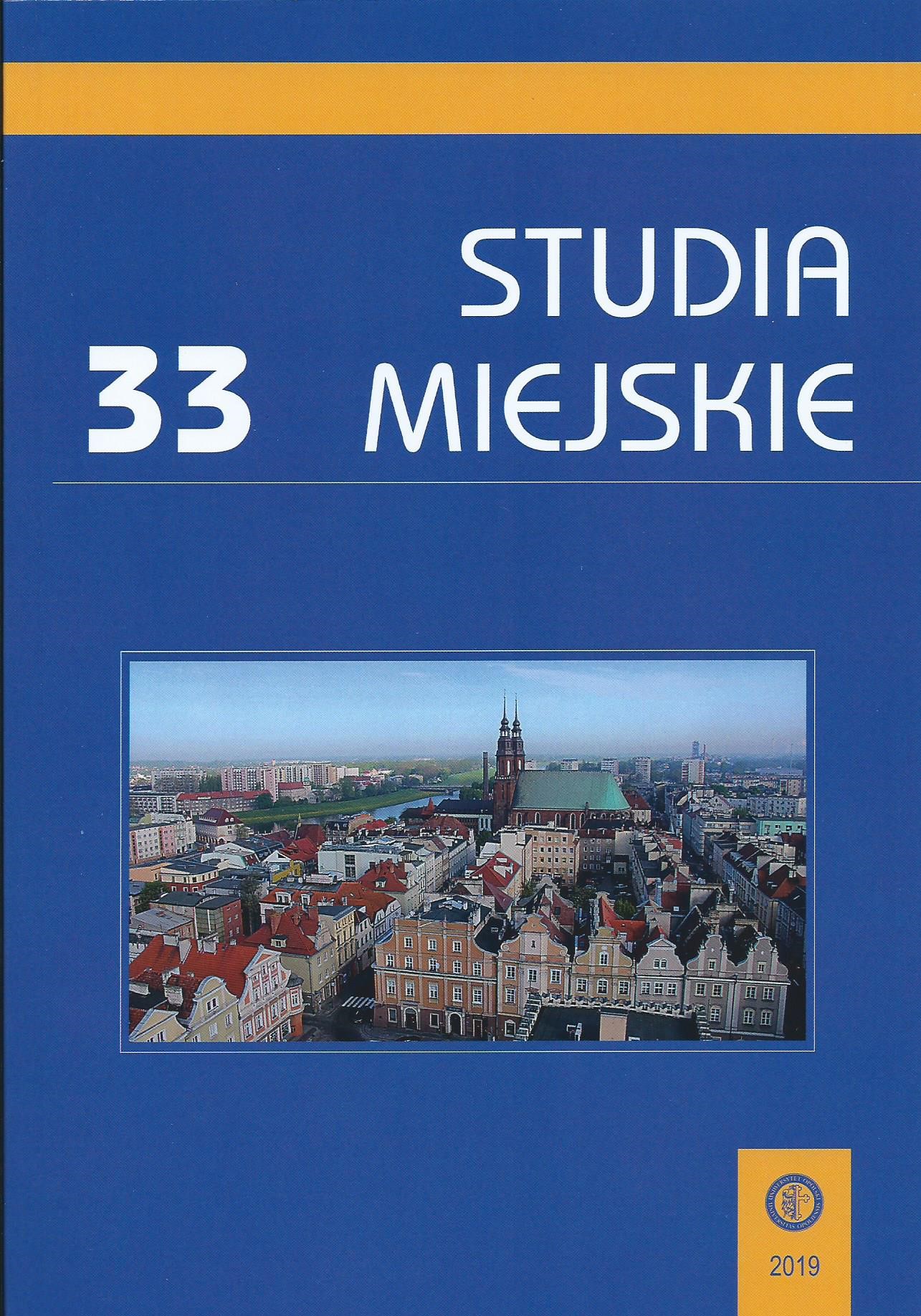OBLICZE DEMOGRAFICZNE OPOLA NA POCZĄTKU XXI WIEKU
THE DEMOGRAPHIC ASPECT OF OPOLE AT THE BEGINNING OF THE 21ST CENTURY
Author(s): Agata ZagórowskaSubject(s): Gerontology, Rural and urban sociology
Published by: Uniwersytet Opolski
Keywords: population; natural movement; migrations; population structures; aging process; Opole;
Summary/Abstract: Opole, as the capital of the region, which in the past changed its nationality and territorial range, resulting in repeated alterations in internal and external borders as well as cultural and civilizational changes, is currently undergoing rapid social transformations. Its main problems include the unfavorable course of demographic processes at the turn of the 20th and the 21st century, including depopulation. Its cur- rent demographic picture was shaped by many factors in the past, after the end of World War II in particular – the effects of which are felt by the city today. The purpose of the article was to show depopulation with its negative phenomena and processes, identify its causes and implications by analyzing the demographic potential of the city and thus show that its further development is strongly demographically determined and the lack of appropriate measures to inhibit adverse changes in the number and structure of population and mitigating their effects, may lead to a change in both the status of Opole, as a large city and as the capital of the region. The article is a case study. The demographic perspective of the study determined the selection of sources and literature.
Journal: Studia Miejskie
- Issue Year: 2019
- Issue No: 33
- Page Range: 39-54
- Page Count: 16
- Language: Polish

